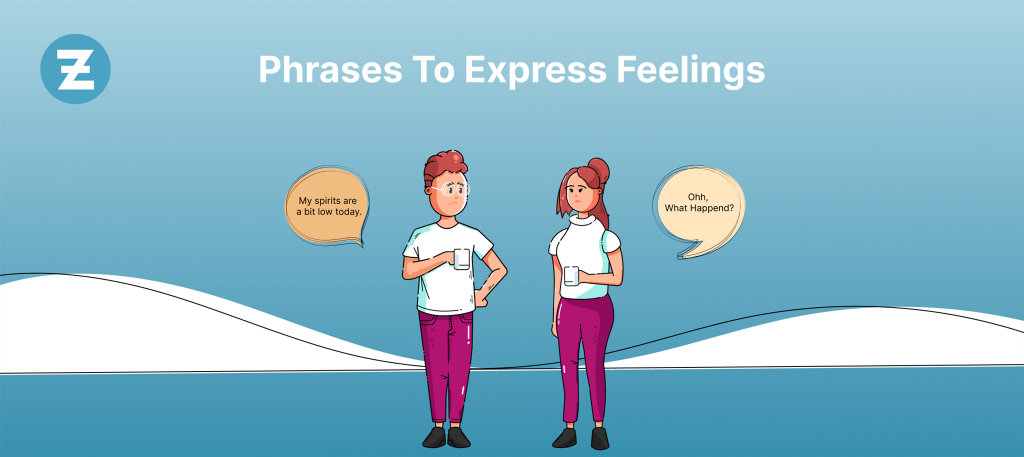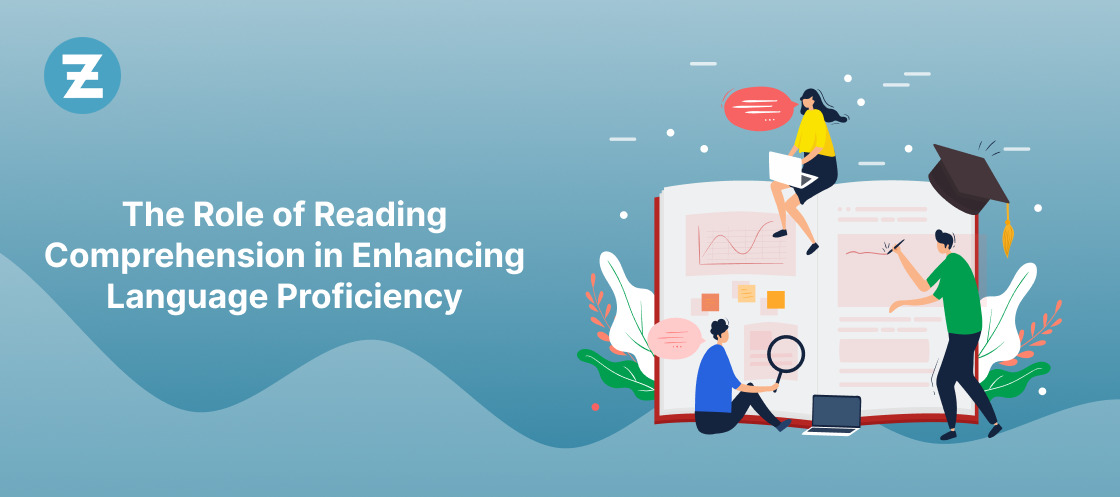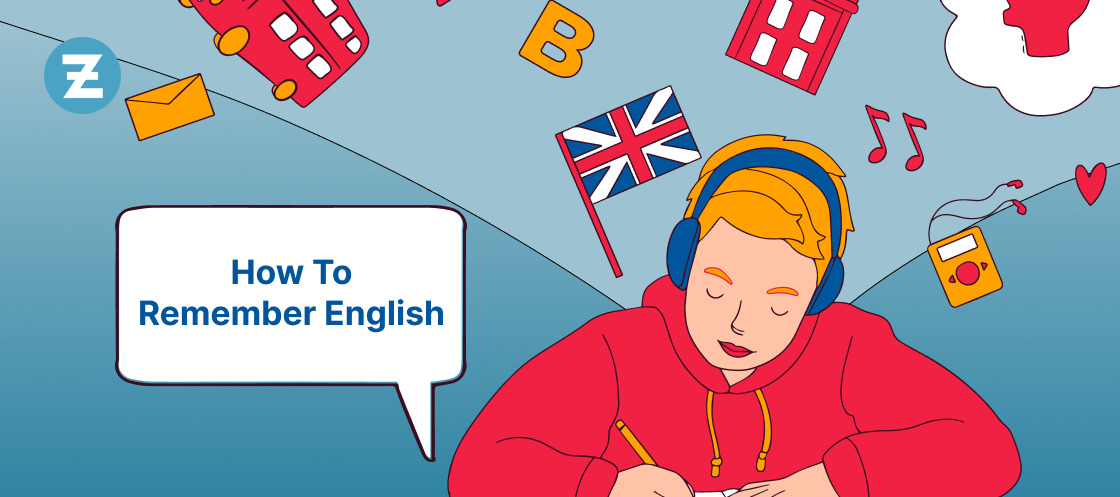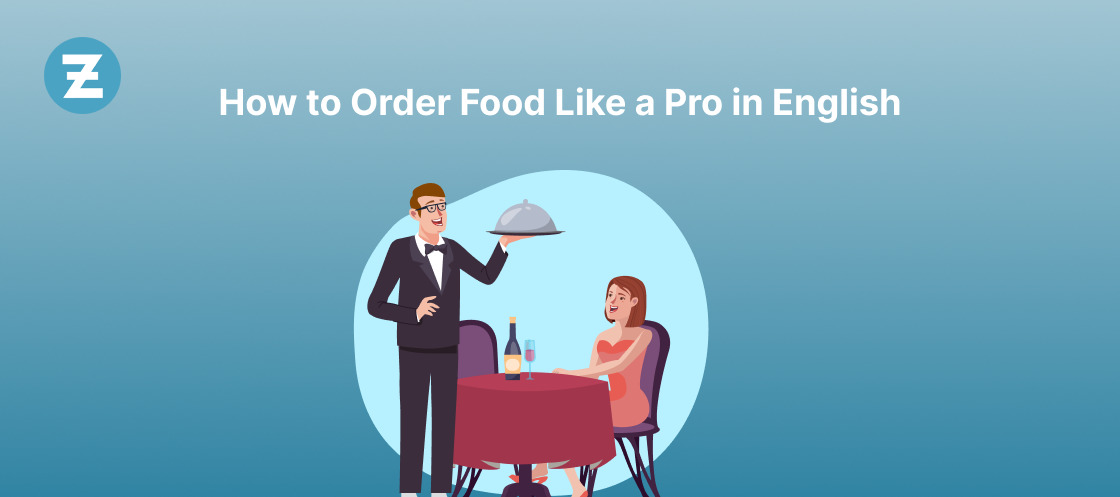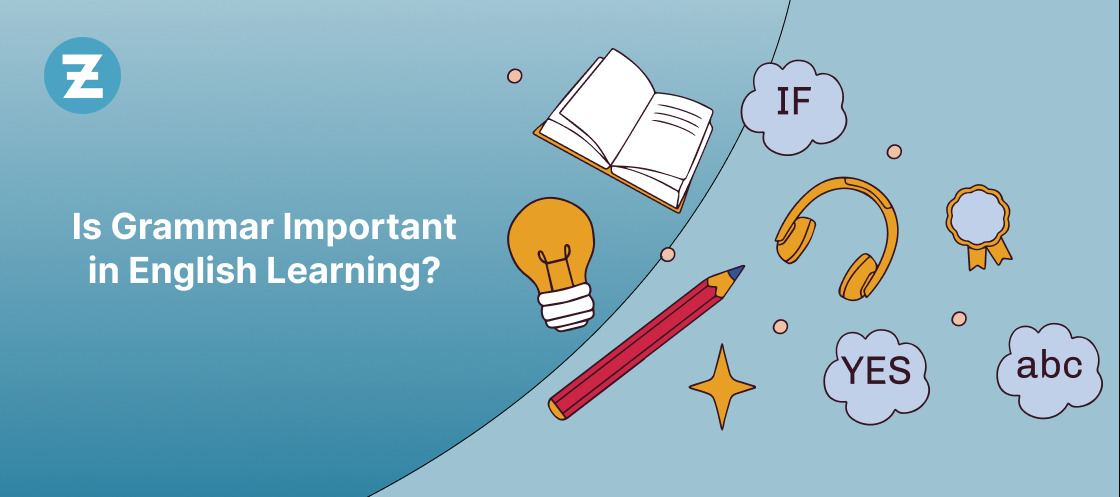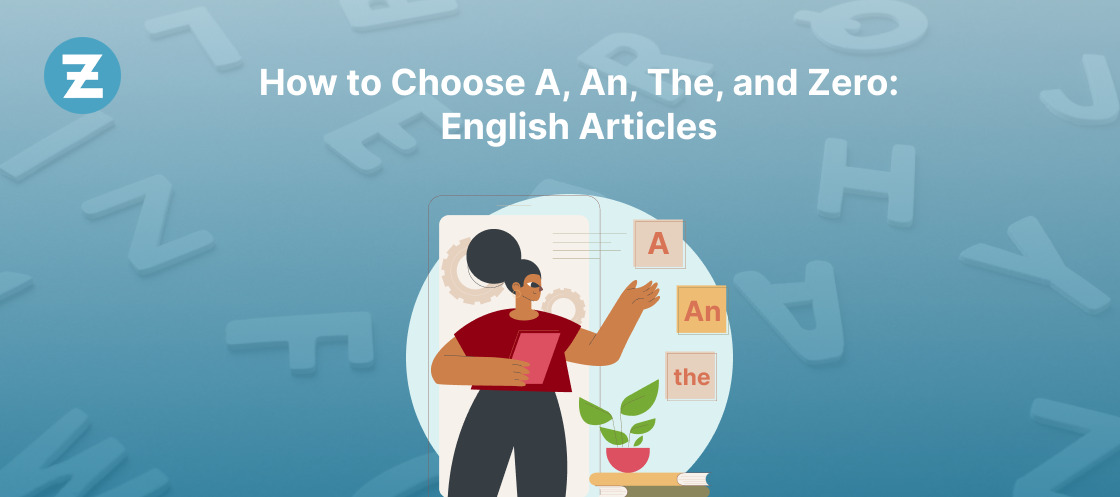Emotions are an integral part of our lives. They influence our decisions, interactions, and even our physical well-being. However, expressing our feelings can sometimes be challenging, especially when we lack the right words. This is where English phrases come into play. With a vast array of expressions at our disposal, we can easily convey our positive or negative emotions and connect with others on a deeper level. In this blog, we will explore some of the most common English phrases used to express feelings and emotions.
Some of the most common phrases to express your feelings are,
My heart is filled with joy.

“My heart is filled with joy” This simple phrase carries with it a lot of emotion, and it’s a great way to communicate your happiness to others. There are many situations in which you might use this phrase. Perhaps you’ve just received good news, like a promotion at work, or you’ve accomplished something you’ve been working towards for a long time. Maybe you’re celebrating a special occasion with friends or family or enjoying a beautiful day outside. Whatever the reason, when your heart is filled with joy, it’s important to acknowledge and express that feeling.
The outcome was a letdown.

The phrase “the outcome was a letdown” is a way of expressing this disappointment concisely and effectively. It’s a phrase that can be used in various situations, from the mundane to the significant. For example, if you were to receive a gift that you had been eagerly anticipating, only to find that it was not what you were hoping for, you might say, “the outcome was a letdown.” Similarly, if you were to go on a date with someone you had been interested in, only to find that the chemistry wasn’t there, you might use this phrase to describe your disappointment.
My spirits are a bit low today.

“My spirits are a bit low today” This statement can convey a lot of information in just a few words. It lets others know that you’re not feeling your best without going into too much detail. And sometimes, that’s all you need to do – acknowledge your feelings and give yourself permission to feel it.
Read Also: Different Types of English Nouns – an Overview
I’m on cloud nine!

This expression is used to indicate tremendous joy or excitement. It’s the perfect way to describe the feeling you get when you accomplish something you’ve been working towards for a long time, like landing your dream job or getting accepted into your top college. It’s also a great way to describe the feeling you get when you’re in love, and everything seems to be going right.
Another great time to use this phrase is experiencing a moment of pure bliss. Maybe you’re on vacation, soaking up the sun and enjoying a beautiful beach. Or maybe you’re dancing the night away at a party with all your closest friends. Whatever the situation, if you’re feeling incredibly happy and carefree, you can say, “I’m on cloud nine!” to express just how amazing you feel.
I take pride in my accomplishments.
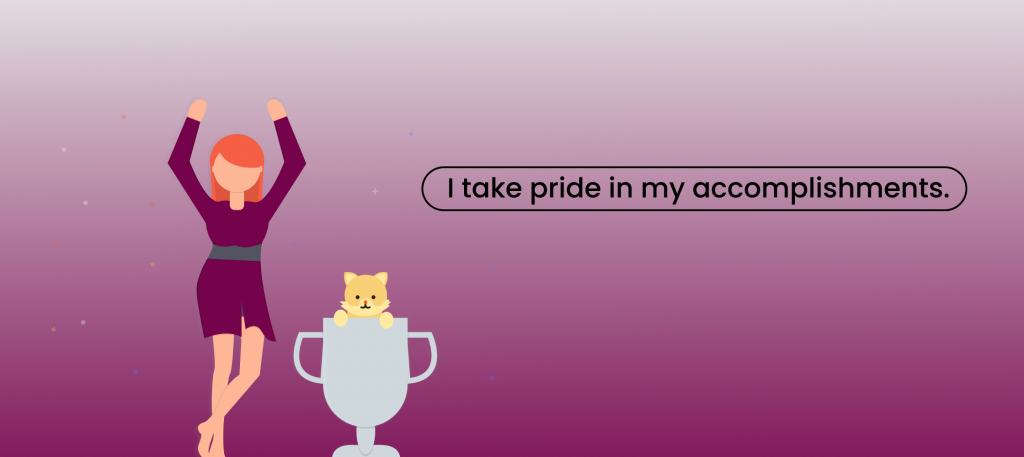
This is a powerful way to express satisfaction with our achievements. It is a way of saying that we have worked hard and are proud of our accomplishments. It can be used in many contexts, from personal relationships to professional settings.
One of the key times to use this phrase is when we have achieved something we have been working towards for a long time. For example, if you have just completed a difficult project at work, you might say, “I take pride in my accomplishments,” to your coworkers to let them know you are proud of your achievements. Similarly, if you have just completed a personal goal, such as running a marathon or finishing a book, you might say this phrase to your friends and family to let them know how proud you are.
I’m over the moon

“I’m over the moon” is an idiomatic expression meaning delighted about something. It’s a metaphorical phrase that compares the feeling of intense joy to the act of jumping over the moon. While it might sound a bit exaggerated, this phrase is commonly used to express the highest level of happiness.
You can use this phrase for moments of extreme joy and excitement. For instance, if you get a promotion you have been working hard towards, you can say, “I’m over the moon about my new job title.” Or, if you receive good news after a long period of uncertainty, you can say, “I’m over the moon that everything worked out in the end.”
Read Also: Best Tongue Twisters for English Pronunciation Practice
I’m dreading the upcoming event.

The phrase “I’m dreading the upcoming event” is typically used when we are feeling anxious or nervous about something about to happen. This might include a job interview, a first date, a public speaking engagement, or any other situation where we feel a sense of uncertainty or apprehension. It is a way of expressing our feelings and letting others know we are not confident or excited about what is coming up.
I’m boiling with rage about what happened earlier.
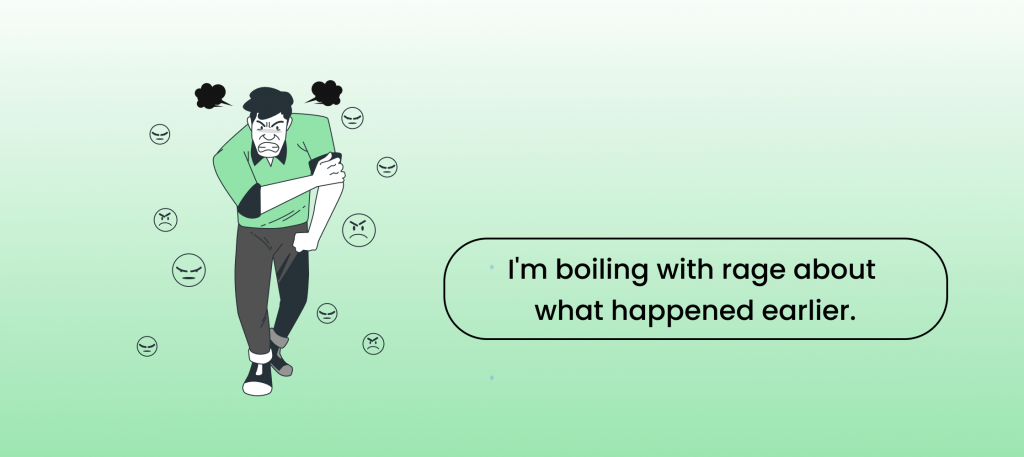
“I’m boiling with rage” is used to convey a sense of intense anger and frustration. It’s often used when we’re feeling so angry that we feel like we’re about to explode. This phrase can be useful in various situations, such as when someone has wronged us or when we feel overwhelmed by a difficult situation. By using this phrase, we’re acknowledging the severity of our emotions and expressing our need to be heard and understood.
This situation is getting on my nerves.
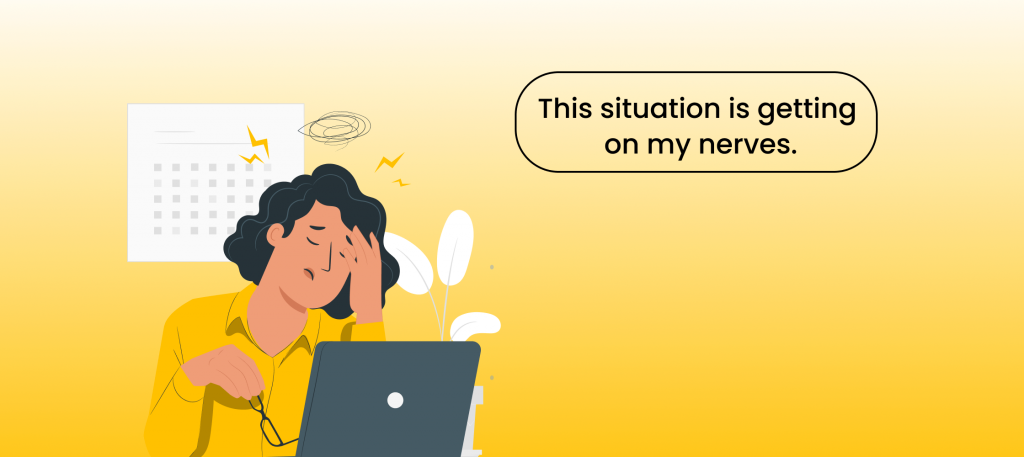
This phrase, “getting on my nerves,” is one of the most common ways to express frustration or irritation. It’s a way of saying that something is bothering you to the point where you can’t ignore it anymore.
For example, let’s say you’re working on a project with a coworker who keeps interrupting you with unnecessary questions. At first, you might politely answer their questions and try to keep working. But if it continues for hours and you can’t seem to get anything done, you might say, “This is getting on my nerves. Can we please focus on the task at hand?”
Similarly, if you’re stuck in traffic and it’s making you late for an important meeting, you might say to yourself, “This traffic is really getting on my nerves.” It’s a way of acknowledging that the situation is out of your control and causing you stress and frustration.
Read Also: Most Commonly Used English Verbs and Their Meanings
It’s a relief that everything worked out.

We usually use this phrase when we feel grateful and satisfied that a difficult or uncertain situation has finally come to a positive conclusion. There are several situations where we can use this phrase. For instance, say you were worried about a job interview last week. You prepared hard but were unsure if you would get the job. When you receive a call from the recruiter saying they would like to offer you the job, you will feel relieved that everything worked out in your favor. In this case, saying, “It’s a relief that everything worked out,” would be an appropriate way to express your feelings of gratitude and relief.
I appreciate your unwavering support.
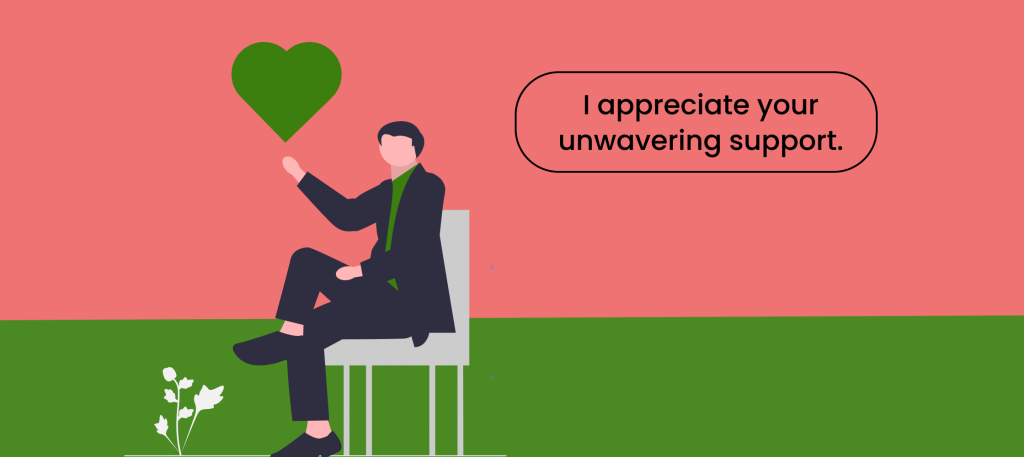
“I appreciate your unwavering support.” This phrase is powerful and can be used in various situations.
This phrase is often used to express gratitude towards someone who has been there for us through thick and thin, stood by us during difficult times, and provided us with constant support. The word “unwavering” adds a sense of strength and consistency to the support offered, emphasizing the importance of the person’s role in our lives.
I’m drained after a long day at work.

The phrase, “I’m drained after a long day at work,” is a common one that can be used in various situations. It is most commonly used when we have had a long day at work and feel completely exhausted. This can be due to various reasons, such as working on a particularly challenging project, dealing with difficult customers or clients, or simply working long hours.
Another time when this phrase is commonly used is when we are feeling emotionally drained after a long day at work. This can happen when we have had to deal with difficult colleagues or bosses or when we are dealing with a particularly stressful situation at work. In these situations, we may feel drained not only physically but emotionally as well.
I’m at peace with my life.

This statement is often used when someone feels content and satisfied with their current state.
“I’m at peace with my life.” typically refers to a sense of calmness and acceptance of one’s current situation. It means the person is happy with their life and is not constantly searching for more. Being at peace with one’s life can come from various sources, such as achieving personal goals, finding happiness in relationships, or simply being content with what one has.
Read Also: Common English Words with Multiple Meanings
I have high hopes for the future.

“I have high hopes for the future.” This expression conveys that we look forward to a brighter tomorrow. There are many instances when we can use this phrase. For instance, when going through a tough time, we can use this phrase to express our belief that things will improve. It can also be used when embarking on a new journey, such as starting a new job or moving to a new place. In such cases, we can use this phrase to express our confidence that the future holds great promise and opportunities.
I’m walking on sunshine.
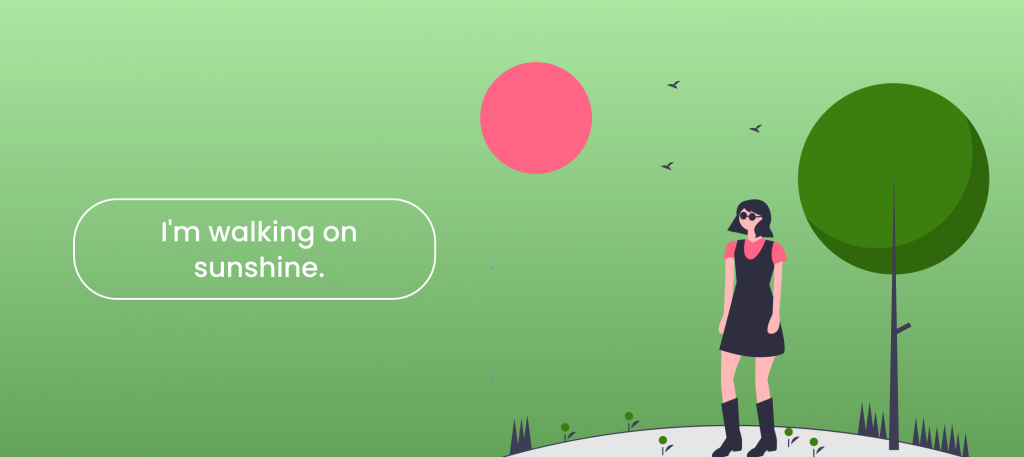
This phrase means that you are extremely happy or excited about something. It conveys a sense of joy and positivity that’s hard to miss. It’s also a great way to show others your feelings without saying too much.
For example, imagine you just got a promotion at work. You’re thrilled and want to share the news with your friends. You could say, “I’m walking on sunshine right now! I just got promoted to manager!” This phrase would convey your excitement and make it clear to your friends how happy you are.
In Closing
It is clear that expressing emotions in English will improve your communication abilities. By using the phrases that we have discussed in this blog you can express your emotions with greater nuance and accuracy. There’s a phrase to express your feelings, whether you’re feeling excited or nervous. To build strong relationships, you need to be able to communicate effectively. Using concise and clear language can help. Don’t be shy to express yourself and use these useful English phrases.
To improve your English skills, you can try the free language improvement app, Zoundslike. It is a teacher-built game-based language learning app that helps you learn English easily and interactively. Therefore, download the app and start your learning journey with Zoundslike.


